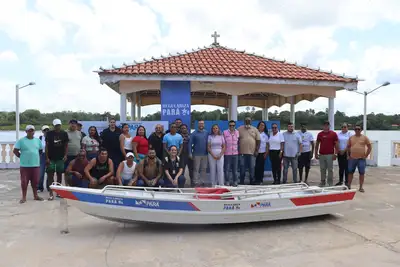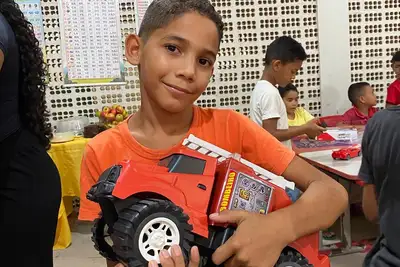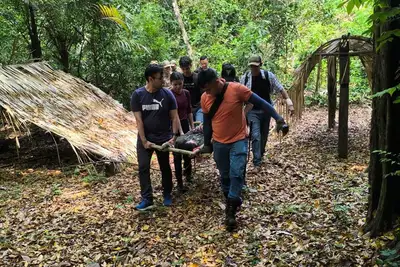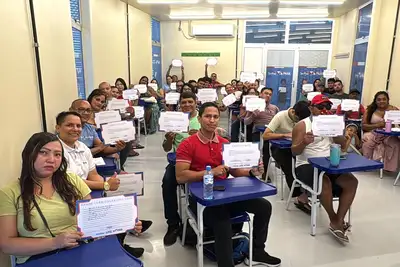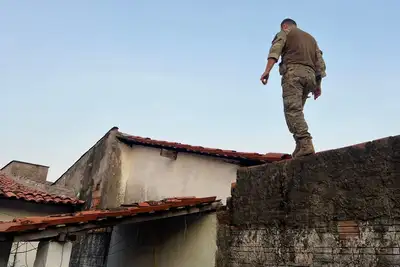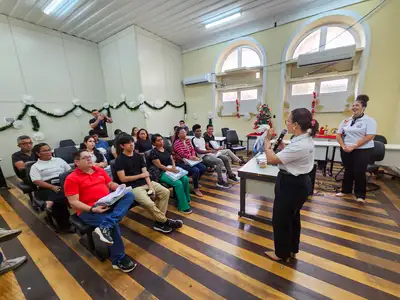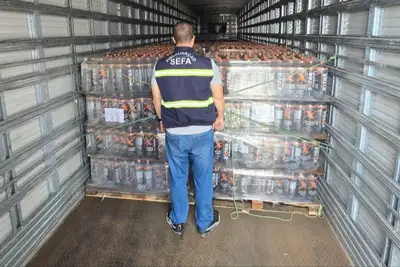Fapespa participates in the 34th Prospective Meeting, which brings together scientists in discussions about the global future
The event is held at the Convento da Arrábida, located in Portugal, until September 11
Knowledge as a strategic factor to face global challenges in a context of uncertainties is the theme of the 34th edition of the Prospective Meeting, held at the Convento da Arrábida, located in Portugal, from September 8 to 11. On this occasion, Pará is represented by the Amazon Foundation for Support to Studies and Research (Fapespa), through its president, Marcel Botelho, who will showcase Pará's scientific advancements in the debate on forests, rural ecosystems, and coastal zones.
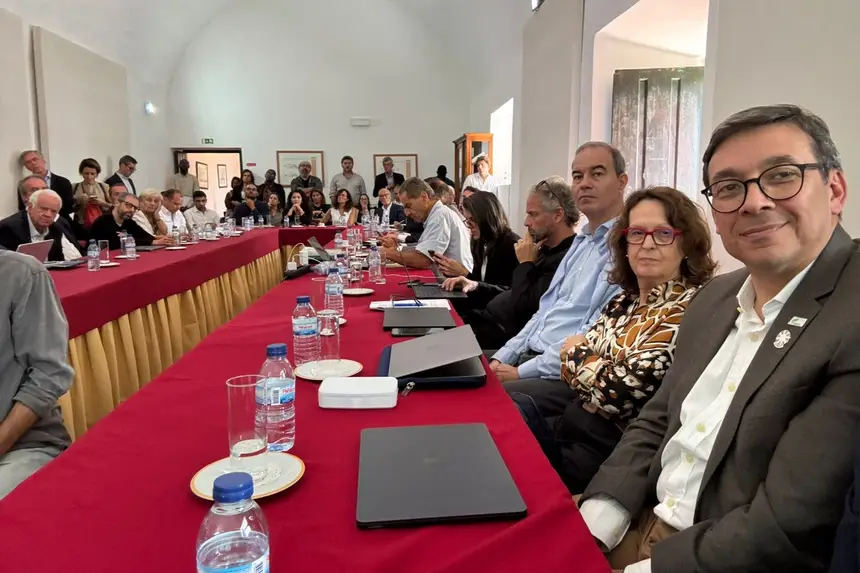
“We concluded the first day of the meeting with some important indications about the future of science, such as the need for anticipatory and less reactive governance to guide research funding. The clarity that investment in research needs to be greater, but also better invested. It is necessary to have priorities and more association with the market for the continuity of investments, and in this sense, knowledge transfer must be bidirectional,” emphasized Fapespa's president, Marcel Botelho.
During the meeting, academics, leaders, and national and international experts discuss technological acceleration and disruptive innovation; the impacts of geopolitics on science and security; the sustainability of cities and urban quality of life, as well as the management of forests, ecosystems, and coastal zones.
“We also addressed security; green financing; innovative forms of public-private partnerships and how the world can contribute to sustainable development in the Amazon. Finally, the need for transdisciplinarity in research requires specific management and teamwork skills, which are not present in the training of scientists, as the future of research centers leads us to the path of having these centers as living laboratories,” informed the president.
Integration- The scientific meeting, an important international event, reinforces cooperation between Europe, Latin America, and Africa, focusing on solutions for ecological transition, population security, and inclusive development by 2050.
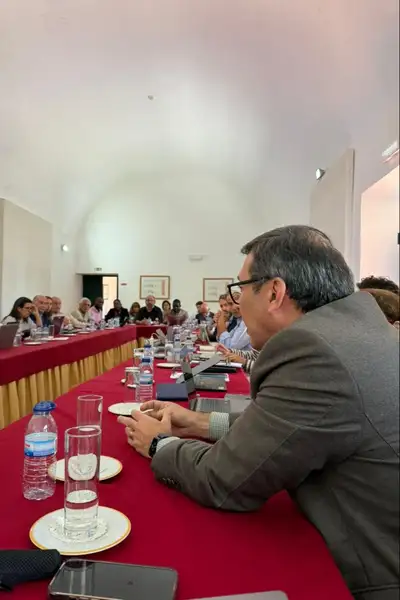
The meeting is seen as an opportunity for scientists to also learn what is happening in Europe, with a highly qualified audience, which presents as the main message the need to increasingly integrate science and technology systems; the development needs of regions, territories, states, and governments. In this context, funding agencies become relevant to trends.
“For us, this is a very important message in still very specific areas, such as artificial intelligence, scientific activism, I would also include scientific diplomacy within this scope. So, these are major themes that are currently raising concerns among those who work and promote science and technology,” evaluates Luiz Márcio Spinosa, director of Science, Technology, and Innovation at the Araucária Foundation for Support to Scientific and Technological Development of the State of Paraná.
Scientific Exchange- This is the 34th edition of the Prospective Meeting, held in Arrábida. Prospective as an integrated methodology in the field of Future Studies aims to study what does not yet exist, the future. However, this future is built by all those who integrate various systems, in a holistic, systematic, and monitored way, integrating, in their interdisciplinary approaches, the past and the present, as elements that allow and provide information so that possible futures can be traced.
The agenda includes topics such as: food security, fire prevention, carbon observation, and new forms of regulation of environmental markets. The event also brings discussions on innovation in the agri-food sector, including biotechnologies and cellular agriculture, in search of solutions to feed the planet with less environmental impact.
Combining prospective analysis, interdisciplinary debate, and international cooperation, the Arrábida Meeting reinforces its position as a unique space for reflection on the paths of science and society in the 21st century.


